Summer is a time for enjoying the great outdoors but can also be a time for battling pesky insects. From ants and mosquitoes to termites and bees, summer pests can cause many headaches for homeowners.
Fortunately, you can take many preventative measures and DIY pest control strategies to keep your home pest-free this season.
Understanding summer pests is the first step in preventing infestations. Many insects thrive in warm weather and can quickly become a problem if left unchecked. Some common summer pests include mosquitoes, ants, termites, bees, wasps, and spiders.
Knowing what to look for and how to identify these pests can help you take action before an infestation occurs.
Summer is a time for outdoor activities, barbecues, and fun in the sun. Unfortunately, it is also the time when pests become more active and can invade your home. Understanding the behavior of summer pests and knowing how to prevent them is crucial to keeping your home pest-free.
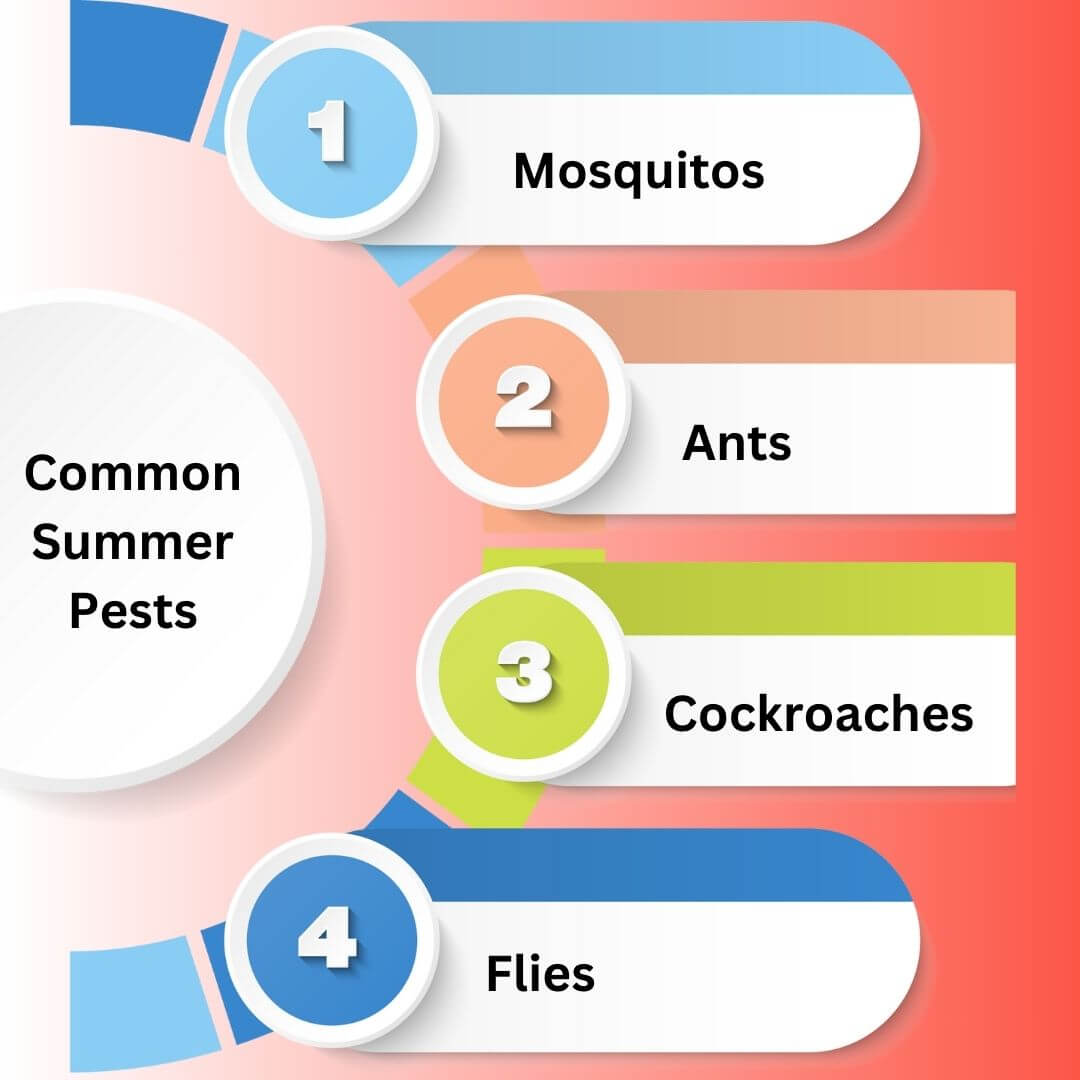
Several pests are more active during the summer months. Here are some of the most common ones:
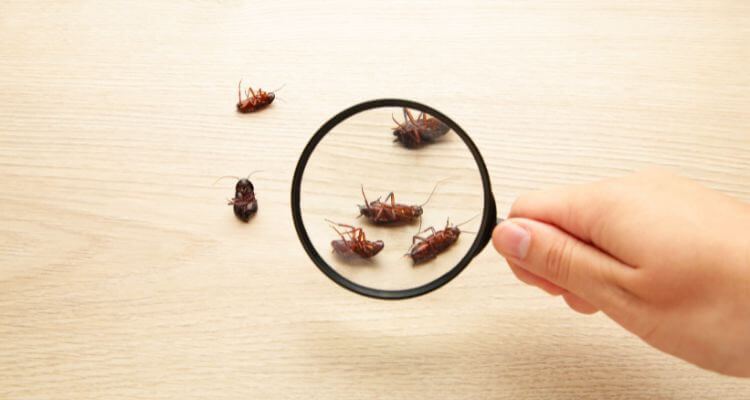
Pests are more active in summer due to the warm weather and longer days. They are also attracted to food and water sources, making your home an ideal destination. Cockroaches, for example, are attracted to food crumbs and grease, while mosquitoes breed in stagnant water.
To prevent summer pests from invading your home, it is essential to:
Taking the necessary precautions and home extermination tips for summer allows you to enjoy a pest-free, safe, and comfortable home even in the hot weather.
When it comes to summer pest control, prevention is key. By taking a few simple steps, you can greatly reduce the likelihood of pests invading your home and yard. Here are some pest prevention tips for summers you can take:
One of the best ways to prevent pests from entering your home is to seal up any potential entry points. This includes cracks in the walls, gaps around windows and doors, and holes in the foundation.
You can use caulk or weatherstripping to seal up these areas. Make sure to also check for any openings around pipes and electrical wiring, as these can also provide access for pests.
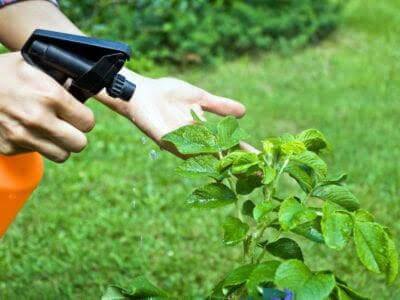
Several natural repellents can help keep pests at bay. Some standard options include:
These preventative measures can significantly reduce the likelihood of pests invading your home and yard this summer. Remember to keep your home clean and tidy, which can help deter pests.
If you're looking for ways to keep pests out of your home during the summer months, there are a few DIY pest control strategies you can try. Here are some summer pest control tips to help you get started.
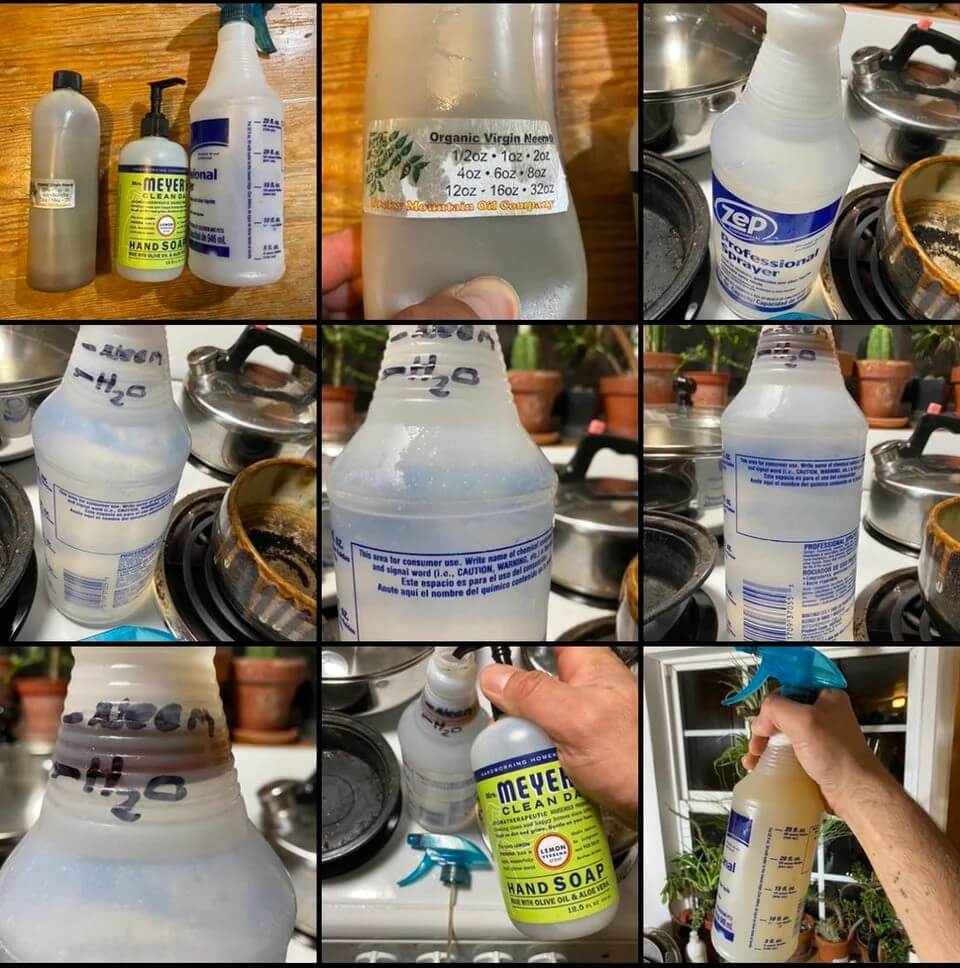
Homemade solutions are one of the easiest ways to keep pests out of your home. For example, you can make a natural insect repellent by mixing equal water and vinegar in a spray bottle. This solution can repel ants, spiders, and other common household pests.
Another homemade solution you can try is a mixture of borax and sugar. This solution can be used to get rid of ants. Mix equal parts of borax and sugar, and sprinkle the mixture around the areas where you've seen ants. The sugar will attract the ants, while the borax will kill them.
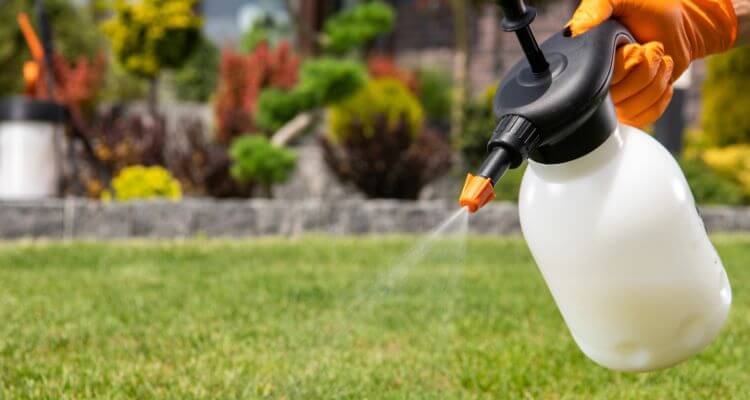
If homemade solutions don't work, you can also use pesticides. However, using them safely is essential to avoid any health risks. Here are some tips to help you use pesticides safely:
By following these tips, you can use pesticides safely and effectively to keep pests out of your home during summer.
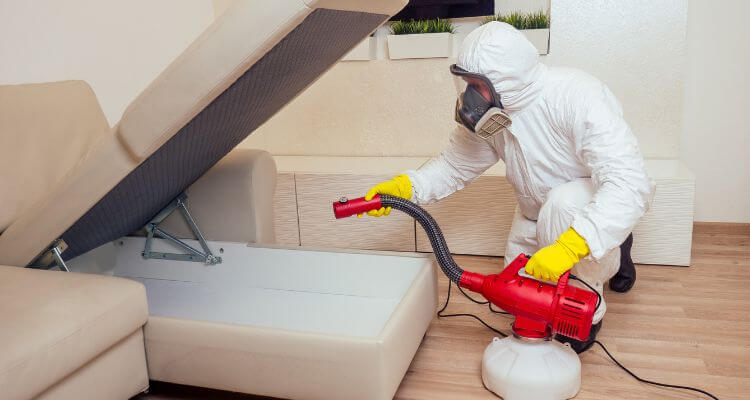
When it comes to pest control, sometimes the job is too big for DIY methods. That's when you need to call in the professionals. Here are some tips on when to call a professional and how to choose the right service.
If you've tried DIY methods and they haven't worked, or if you have a severe infestation, it's time to call a professional.
Some pests, such as termites, require specialized equipment and training to eradicate. Additionally, some pests, such as wasps or venomous spiders, can be dangerous to handle on your own.
When choosing a professional extermination service, there are a few things to remember. First, make sure the service is licensed and insured. This will protect you in case of any accidents or damages that occur during the extermination process.
Next, look for a service that offers a guarantee. A good extermination service will stand behind their work and offer to return and re-treat if the pests return.
Finally, consider the type of pest you're dealing with. Some extermination services specialize in certain pests, such as rodents or bed bugs. Ensure the service you choose has experience dealing with the pest you're trying to eradicate.
Professional extermination services can be an excellent option for dealing with summer pest control issues. Choose a reputable service that can handle the job effectively and safely.
Keeping your home pest-free during the summer months requires a proactive approach. Here are some tips to help you maintain a pest-free environment:

Regular cleaning is one of the most effective ways to prevent pests from entering your home. Here are some tips to help you keep your home clean and pest-free:
In addition to regular cleaning, it's important to monitor your home for signs of pests. Here are some tips to help you monitor and evaluate your home:
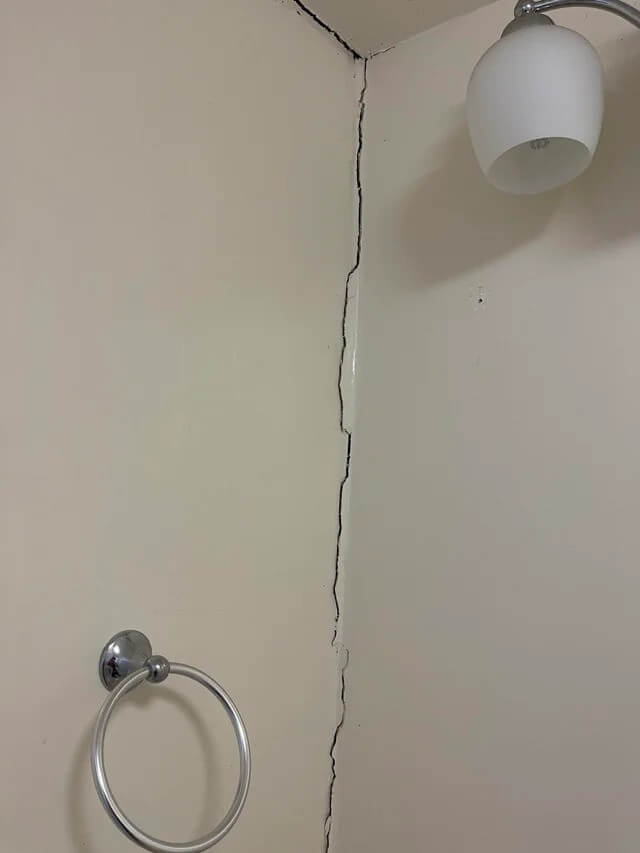
In conclusion, with summer comes the high possibility of pest infestation in your home. The first step in preventing and solving such a situation is understanding the pest infesting your home.
Lastly, following these summer pest control tips, including preventative measures, DIY strategies, or professional extermination, you can maintain a pest-free home and enjoy a comfortable and healthy living environment.